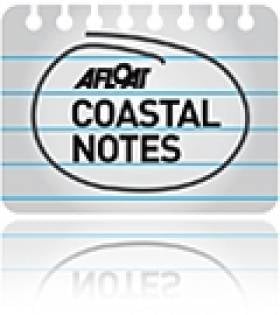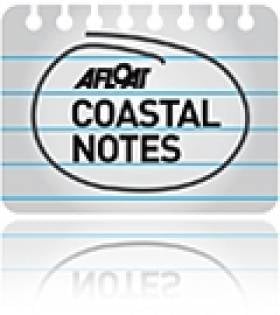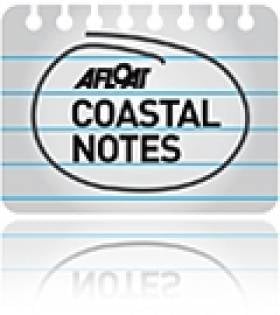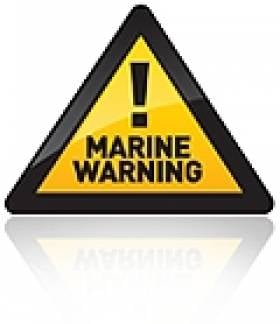Displaying items by tag: prospect
Fastnet Awarded 'East Mizzen' Option In Celtic Sea
#Oil&Gas - Fastnet Oil & Gas has been awarded a new licensing option in the North Celtic Sea off the Cork coast.
The East Mizzen option covers a number of blocks in the Mizzen Basin, plus the western end of the North Celtic Sea Option, covering a tittle area of 1,155 sq km and contiguous with the previously awarded Mizzen option.
The 18-month option requires the reprocessing of a minimum of 400km of existing 2D seismic data, which has indicated the presence of light oil in some areas.
Fastnet managing director Paul Griffiths commented: "We are delighted to have added to our inventory of material prospective structures in the Mizzen area ... This has allowed us to capitalise on the interest being shown by the industry in our farm-out process in this particularly under-explored, yet highly prospective, basin.
"It has also allowed us to maximise the value of our on-going 3D seismic acquisition by creating 'running room' for potential farminees that have identified the Mizzen Basin as a new emerging shallow water exploration province offshore Ireland."
Earlier this year, as reported on Afloat.ie, Fastnet executed its exclusive option agreement to farm into its nearby Deep Kinsale Prospect, with plans to drill the prospect in 2014.
Oil Strike Success Off Cork Coast Could Be Worth Billions
#COASTAL NOTES - Providence Resources has struck big off the south coast of Cork with an oil flow that could be worth billions of euro to the beleaguered Irish economy.
According to the Guardian, the Dublin-based company announced yesterday that oil had started to flow successfully from its Barryroe structure in the north Celtic Sea at nearly twice the rate previously projected.
Providence Resources CEO Tony O'Reilly Jr said the discovery was a "seminal day for Ireland, especially in the runup to St Patrick's Day."
Last month the firm had confirmed the presence of light oil with its first appraisal well at the site, a situation described by its technical director as "extremely encouraging".
Now that a steady flow has been achieved, future extraction from the oil field - comparable to a medium-to-large North Sea field - can surely proceed, which now puts pressure on the Government to grand permission for further exploration around the Irish coast.
As previously reported on Afloat.ie, plans by Providence Rescources to prospect for oil on the east coast off Dalkey Island have been met with fierce opposition by mainland residents and environmental groups.
The Guardian has much more on the story HERE.
South Coast Oil Appraisal 'Extremely Encouraging'
#COASTAL NOTES - Providence Resources has found light out with its first appraisal well off the south coast of Ireland, Offshore reports.
The company's semi-submersible GSF Arctic III drilled a well in 100m water to a depth of more than 2km on its Barryroe structure in the north Celtic Sea.
Indications of hydrocarbons were noted during the drilling, and further tests have confirmed the presence of 12.5m of 'net pay' (the thickness of rock that can deliver oil at a profitable rate) with as much as 87% hydrocarbon saturation.
The next stage will be a well flow test programme to determine whether future oil extraction can proceed.
“The confirmation of high quality light oil within a porous and potentially laterally extensive sandstone system is extremely encouraging," said technical director John O'Sullivan.
As previously reported on Afloat.ie, plans by Providence Rescources to prospect for oil pn the east coast off Dalkey Island have been met with fierce opposition by mainland residents and environmental groups.
Offshore has more on the story HERE.
Tony O'Reilly to drill Dublin Bay for oil?
“We are delighted to confirm that our ongoing analysis of the Kish Bank Basin has revealed the presence of a large untested structure that warrants further investigation," said O'Reilly.
"The Dalkey Island exploration prospect presents the potential for a large oil accumulation in shallow water off the east coast of Ireland. The partners have agreed on a focused work programme aimed at further de-risking this prospect, prior to any drilling programme."
The company, a partner of Malaysian Petrol outfit Petronas, has also identified the bank as a prospect for carbon sequestration storage, with a capacity of up to 270 million tonnes of gas.
A link to the full release is here. (pdf download)
































































